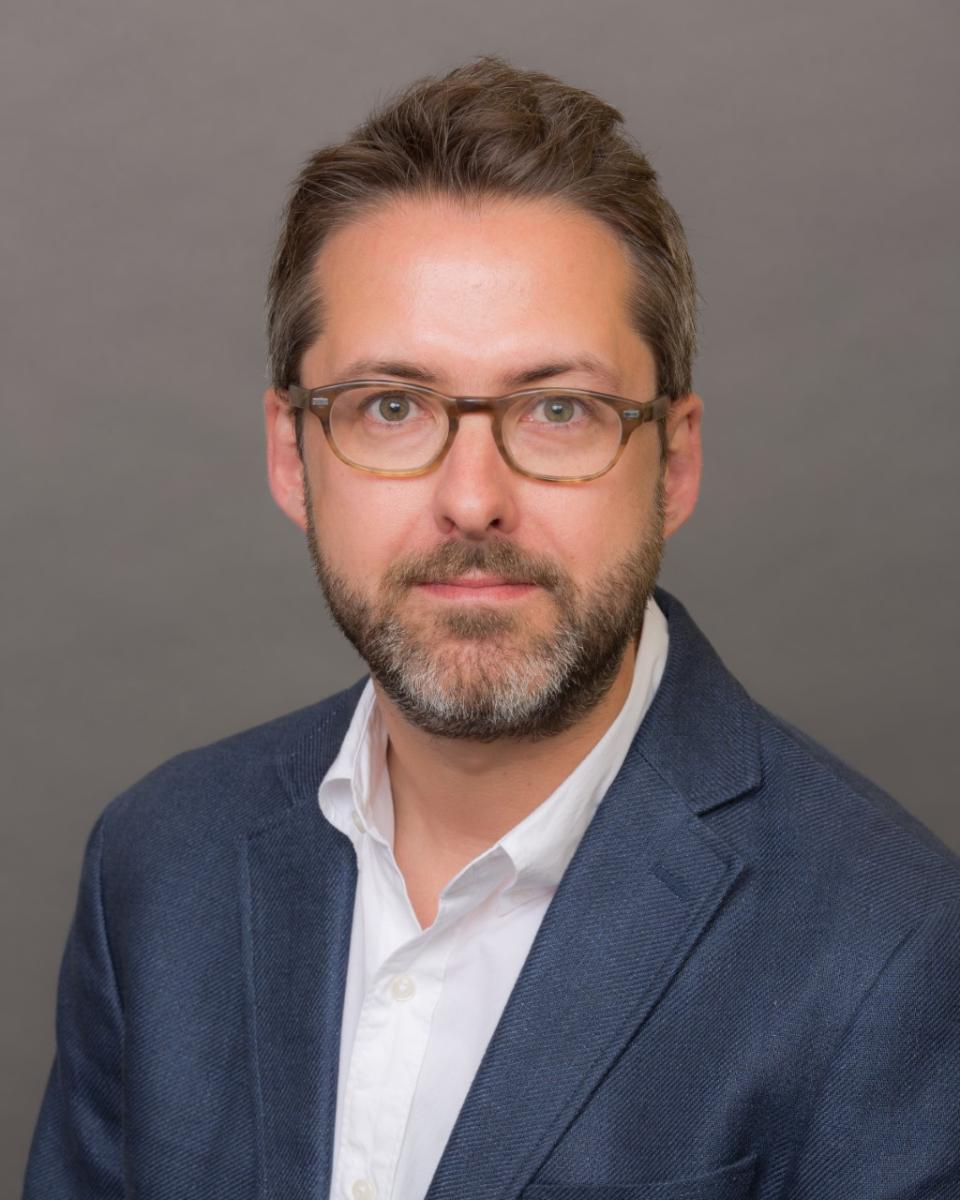Research Seminar: Brent Cebul
Virtual Event
April 24 2024
Time 12 PM
Registration for this event is via Eventbrite.
Proximity to power, access to professional networks, and acquisition of insider knowledge has come to define the “intangible things” unpaid internships claim to offer students—whether in the public service or in proliferating private internship programs. This paper locates the origins of the modern, private white-collar internship in the growth of the New Deal administrative state and the simultaneous emergence of entrepreneurial, growth-oriented private universities and elite philanthropies concerned with fostering “realistic” and “impartial” administrators and managers.
The growth of New Deal agencies between 1933 and 1935 coincided with the maturation of the field of public administration. Led by Louis Brownlow, the dean of the public administration community, liberals turned to private universities and philanthropies to create not only “in-service” training programs for inexperienced federal officers, but also graduate and undergraduate training and internship programs designed to recruit promising public servants to Washington’s ecosystem of public agencies and their growing ranks of private partners. By the 1940s, American University, which had only a few years earlier been teetering on the brink of insolvency, adapted a model of graduate internships and in-service programs to buttress a postwar strategic growth plan focused on winning philanthropic grants, federal contracts, and other universities’ tuition dollars. Its pioneering Washington Semester Program, begun as a consortium of five colleges and universities in 1945, placed students from across the country not only in federal agencies, but also in business and other lobbying associations, polling firms, newspapers, radio, and television stations, as well as the Democratic and Republican National Committees. By 1954, 71 colleges and universities sent 200 students to American University each semester and summer, ultimately providing a model for the 1960s’ boom in similar programs touched off by McGeorge Bundy’s “Harvard in Washington” program (announced in 1961).

Brent Cebul is assistant professor of history at the University of Pennsylvania. His book, Illusions of Progress: Business, Poverty, and Liberalism in the American Century will be published spring 2023.
Elizabeth Tandy Shermer of Loyola University of Chicago will provide an introductory comment.
